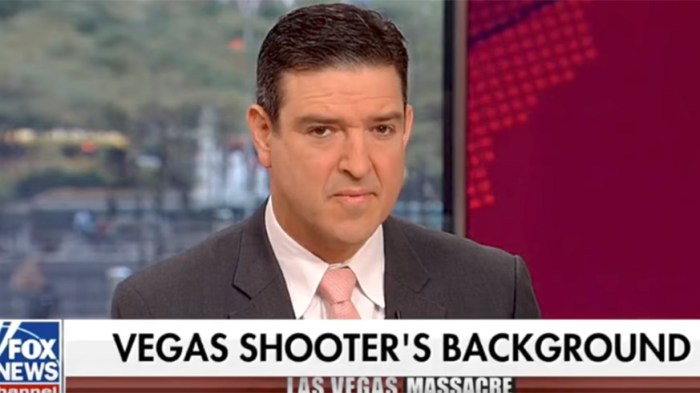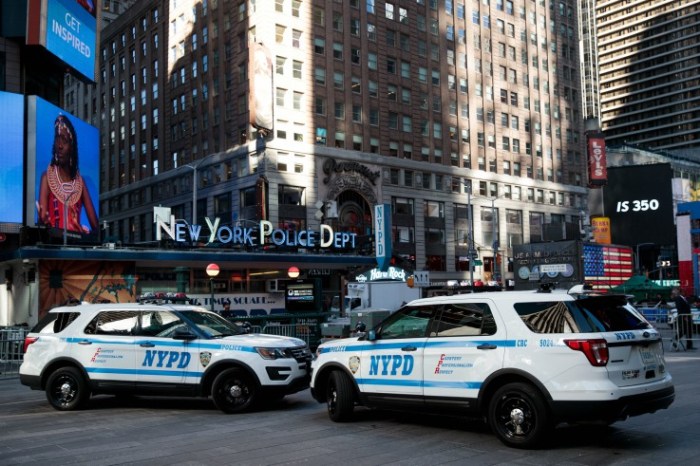While many adults across the country are reeling and wondering “Why?” after last week’s shooting at Marjory Stoneman Douglas High School left 17 dead in Parkland, Florida, children likely have their own questions and concerns about the tragedy.
Metro asked Dr. Daniel Schechter, director of stress, trauma and resilience in NYU Langone Health’s department of child and adolescent psychiatry, for tips on how and when to talk about Parkland, which was the 18th school shooting of 2018.
“The way that parents talk to their children should always keep in mind where children are at in their development and emotional life,” Schechter said.
Know you’re ready
Before starting the conversation, “it’s very important for parents to know they’re ready to talk about these difficult things with their children,” Schechter said. “Children will pick up like radar on the amount of tension, anxiety and worries the parents have.”
Listen
Schechter urges parents to be good listeners and watch the non-verbal behavior children express, especially younger ones and teens who might not talk much.
“If you get a sense that a child is bothered by something they’ve seen or heard, it might be a better idea to ask what they’ve seen or heard and what they’re thinking about before jumping into a pre-planned discussion on the news,” he added.
Emotions are OK
It may be hard for some parents to talk about school shootings without their emotions surfacing, and that’s fine because “we’re human, and we want to teach our kids to be human,” Schechter said. “We want to acknowledge when we have thoughts and feelings that are bothering us and tell our kids we’re really upset about what’s happening.”
Know safety protocols
It’s important for kids, especially those fearful of going to school in the wake of a shooting near or far, to know their school’s safety plans.
“We can never say, ‘It’ll never happen,’ which is the most painful part for parents, but it was clear that in Florida some people were saved because of the drills. They had tools in place,” Schechter said.
Limit access to news
Younger kids may hear news coverage and become frightened, so Schechter proposes limiting access and not speaking of tragic events in front of them.
“I think watching the news with kids nowadays is not a good idea until they’re at least teenagers and able to understand the complexity of hearing about our president with a porn star or a school shooting or a nuclear danger in Hawaii,” he said.
If they do know, “find out what they saw, what they understood, what they would do in that situation, what they think could be done in that situation and get into a dialogue where they become active in the discussion,” Schechter suggested.
Encourage action
Older kids may bring up the gun debate, especially as surviving students from Stoneman Douglas are spearheading a “March for Our Lives” rally on March 24 to raise awareness for school safety and demand gun control measures.
“There are wonderful models in those kids of how to turn a passive, helpless experience into something active and change-making,” Schechter said, adding it’s important to communicate there are solutions for these situations, such as potential gun legislation, becoming politically active, voting and speaking out.
Look for red flags
After exposure to violent events, parents may see behavioral changes including aggression, nightmares, sleeplessness, fatigue, separation anxiety, withdrawing and regression. Kids may also exhibit “traumatic play,” in which children may process violence by imitating it.
“It can be very, very disturbing for parents. I saw this after 9/11, when there were children who took toy or paper airplanes and destroyed buildings,” Schechter said.
To counter that, he suggests introducing toy police, judges, court and ambulances “so we bring in help and create a solution because it’s important for children to not leave that part out of play,” he said.
These red flags can be “within the range of normal response to terrible events,” Schechter said, “but if you have a child with more serious problems of aggression like bullying, fighting or hurting animals for example, then that child really needs help quick.”
























